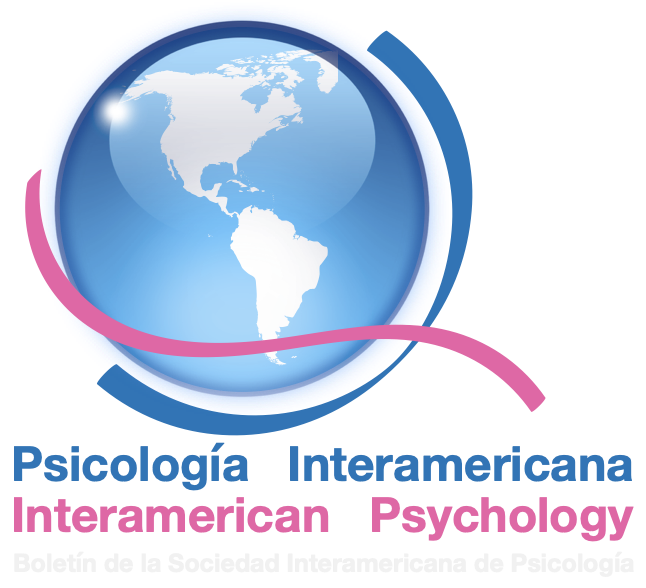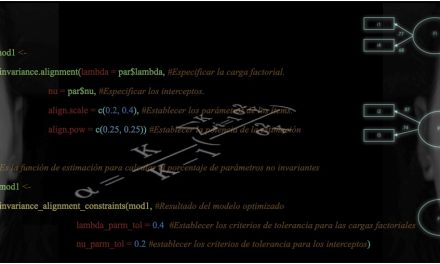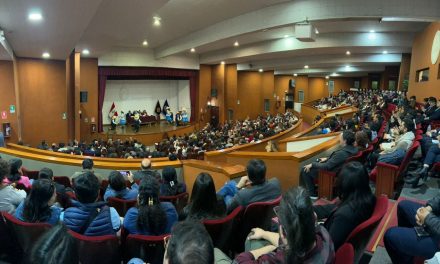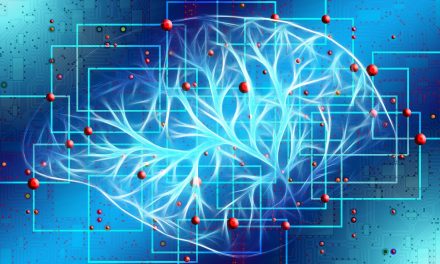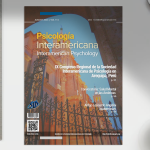
Psychometrics and psychological assessment in the face of the Artificial Intelligence challenge

Julio C. Penagos-Corzo |. Universidad de las Américas Puebla
Psychometrics and psychological assessment are essential in much of the psychological work and have been fundamental for its development.
Psychometrics and psychological assessment are areas of psychology that are linked, and both are part of the many areas in which artificial intelligence (AI) will play an important role in the short and medium term.
Psychometrics is defined as a branch of psychology concerned with the quantification and measurement of mental attributes, behavior, performance, and the like, as well as the design, analysis, and improvement of tests, questionnaires, and other instruments used in such measurement (American Psychological Association [APA], 2023).
The development of psychological instruments or tests, for research or applied purposes, has had a clear increase in Latin America. It is possible to find both new instruments designed specifically for our populations and cultural adaptations of instruments validated in different societies and cultures.
It is likely that much of the development in psychometrics in our region is linked to better access to computer platforms that facilitate this process. So far, these platforms refer mainly to software for statistical analysis.
At this time, there are still no artificial intelligence methods that perform psychometrics at the end-user level. That is, for example, AIs creating an instrument, performing reliability analysis, validity testing and generating norms. However, it is more likely that in the very near future, artificial intelligence may play a role in psychological assessments derived from psychometrics. That is, the administration and interpretation of psychological tests to assess personality, abilities, attitudes, interests, etc.
However, at the assistance level in the case of psychometrics, it is something that can already be done. For example, with my students, I have started to integrate AI participation in item creation. We can ask Google’s Bard AI or OpenAI’s ChatGPT to create Likert-scale items, with each item coming from a particular academic source, and we can even ask the AI to look up the source and cite it.
However, we should not blindly trust that the source is true, as today’s AIs can easily “hallucinate” or invent information. They can generate non-existent references, combine a real author with a real journal name, a convincing made-up title, and even an unrelated DOI, passing it off as real. Despite this, the item idea can work.
Undoubtedly, there are other fields and there will be other opportunities. Anyway, the above is just an example to start integrating AI into our work.
In the case of psychological assessment, things may be different. AI can, as mentioned above, replace some of the activities. If a psychologist was limited only to performing assessments that can now be automated (beyond what certain psychological testing platforms currently do), that psychologist will not be able to justify his or her work. Undoubtedly, some jobs will be lost.
The challenge lies in how universities will deal with the inclusion of AI tools and, of course, another challenge is their regulation. It is not just a question of whether students will cheat by asking an AI to do an essay for them, but how we will train those students to be able to cope with the future in psychology. A future in which there is a possibility that a technological tool could displace certain aspects of the work of psychology. Students should be trained to use AI in their professional practice in psychology. We know that learning to learn is a good general guideline, but we need to begin to imagine what the specific guidelines will be for a future that is barely visible, but visible nonetheless.
This possible future includes some advantages such as the interpretation of results, whether psychometric or psychological assessment. At the same time, this barely visible future envisions relevant ethical issues associated with AI in which psychology must express its voice.
Therefore, we must imagine these new scenarios and new guidelines in the training of psychologists. To adapt to technological advances and meet these challenges, now more than ever there is a clear need for a) an in-depth training in basic psychology and b) its complement: a psychology that responds to the needs of the environment, and c) an open, flexible, critical and creative mentality.
